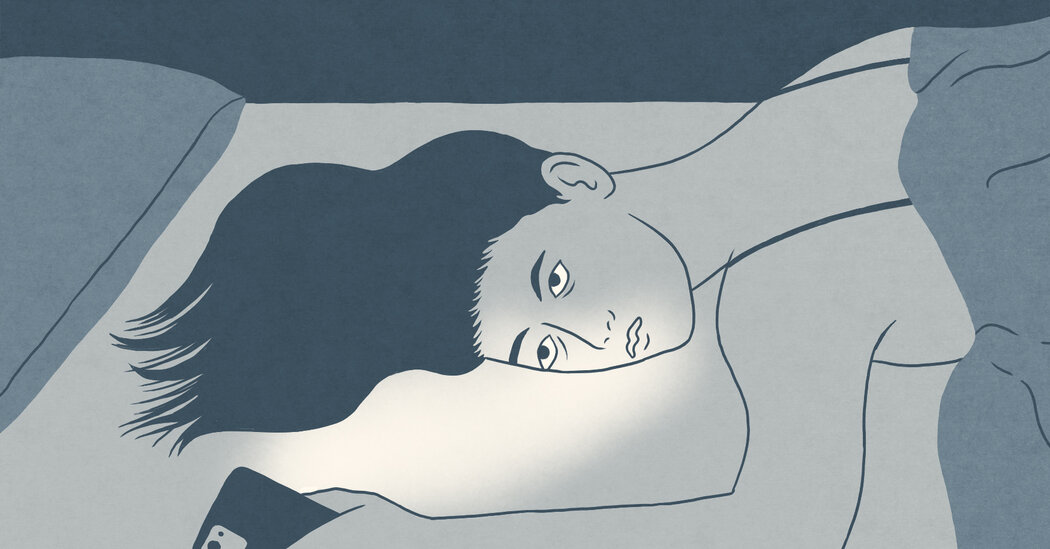The Influence of Sleep Duration and Quality on Mortality and Mortality: A Case Study of the University of California, San Francisco, Faculty of Nursing
“Short sleep duration in midlife and old age is associated with higher risk of onset of chronic disease and multimorbidity,” the study concluded. “These findings support the promotion of good sleep hygiene on both primary and secondary prevention by targeting behavioral and environmental conditions that affect sleep duration and quality.”
Diseases for which there was a higher risk included diabetes, cancer, coronary heart disease, stroke, heart failure, chronic obstructive pulmonary disease, chronic kidney disease, liver disease, depression, dementia, mental disorders, Parkinson’s and arthritis.
There are some limitations to the study. White men were the majority of the subjects. The researchers say that the civil servants are less sickly than the rest of the population. And the study relied on self-reported data, which is considered less reliable than if people were in a sleep study in which scientists could directly observe how the person was sleeping.
It is important that health-care providers take sleep into consideration in evaluating people, said Sharon Cobb, the director of prelicensure nursing programs at the Mervyn M. Dymally School of Nursing.
A good night’s sleep can make us more empathetic, more creative, better parents and better partners, according to Aric Prather, a psychologist at the University of California, San Francisco who treats insomnia and is the author of the new book “The Sleep Prescription.” Sleep can help us manage stress; it can make us competent and capable and better able to take on the day. While sleep is important, Dr. Prather says it’s too often seen as an unimportant thing when it comes to sleep.
Studies show that a lack of sleep can also increase inflammation, the body’s natural defense against infection or injury. If chronic inflammation is not stopped, it can lead to many diseases.
Establish a consistent sleep schedule. Training your body to go to bed at a consistent hour and get up at the same time every day makes getting a regular night’s rest easier.
Poor Sleep Habits Are Obessive in the U.S., Research Reveals that Diet is an Essential Factor of Heart Disease
The US Centers for Disease Control and Prevention states that heart disease is the number one killer. Someone in the US dies from cardiovascular disease every 34 seconds.
The eight items: Quit tobacco, eat better, get active, manage weight, manage blood pressure, control cholesterol, reduce blood sugar and get healthy sleep.
The participants took part in detailed sleep research. They filled out sleep surveys, wore a device that measured their sleep for seven days and did an overnight study in which scientists could observe the way they slept.
Poor sleep habits “are ubiquitous” among Americans, the study says, including among the study participants. About 63% of them were found to sleep less than seven hours a night, and 30% slept less than six hours. According to the CDC, an adult’s optimal sleep time is between seven and nine hours a night.
According to Makarem, there is more evidence that people who don’t sleep often have a poor diet. That may in part be because sleep is a restorative process that, among other things, produces and regulates hormones that can make you feel full or hungry. When hormones get out of whack you will want to eat calories-rich foods that will give you quick energy.
Source: https://www.cnn.com/2022/10/19/health/sleep-heart-health-wellness/index.html
What do you think about a person’s sleep? Dr. Prather tells us about how we can rest throughout the day and night
She hopes future studies will provide additional evidence of a connection between good health and good sleep and prompt more providers to ask questions.
Some people might reach for a supplement or sleep aid. A 2013 Centers for Disease Control and Prevention survey found that one in eight adults with trouble sleeping reported using sleep aids. Dr. Prather outlined in his book how we can take simple steps to rest throughout the day and night. “It’s not something you do,” he added. It is something that comes to you.
Dr Prather said that people don’t usually say that they were awake in the middle of the night thinking of good things. At night when we try to keep our thoughts to ourselves, they can get very loud.
In an interview, Dr. Prather recommended that you spend time worrying in order to beat back nightime anxiety. If you can spare 10 to 20 minutes, write down what you are worried about and think about it without searching for a solution. If you do that consistently, he said, your worries won’t seep into the night — and if they do, you can remind yourself that you have a dedicated time to address them the next day.
